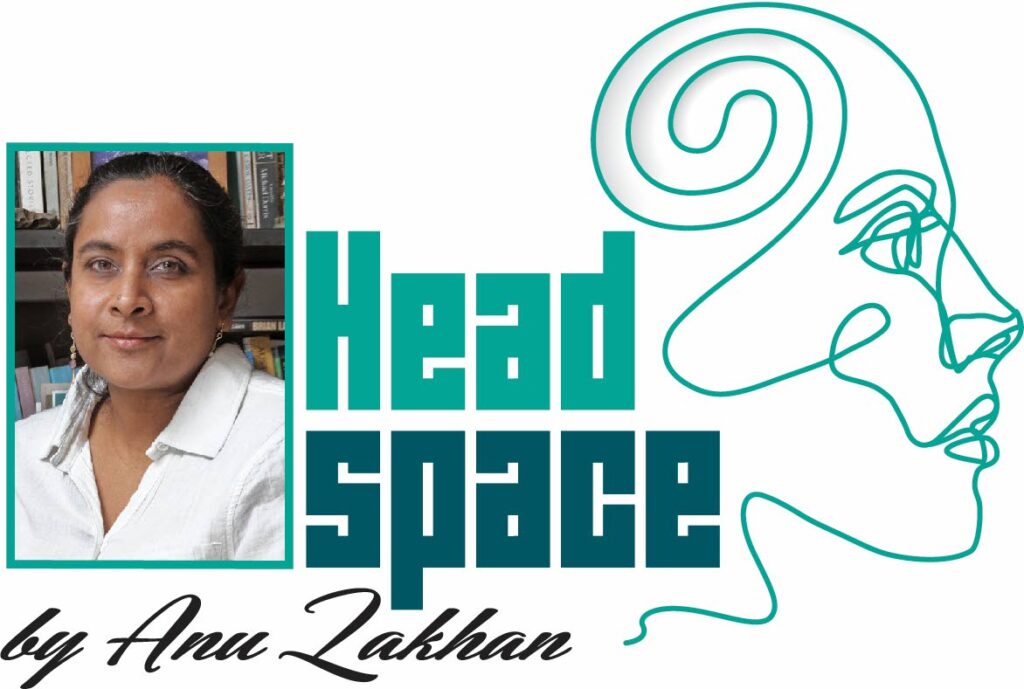The anniversary of pain

It started in 2010. That year and every year for years to come, around mid-August, I would begin to fall physically ill until I toppled clear into sickness. Then, like that wasn’t enough, I’d shuttle between desperate sadness and murderous rage.
I’m bad with dates. I mean, really, really bad with dates. In 2010, a kind friend reminded me that it was August when my mother died. In 2009. As in the year before. That’s how bad I am with dates.
Some Hindu families will commemorate the death of a loved one for 11 months. We had been commemorating assiduously for the full span. But leave me alone for one month and, apparently, I forget why I’m in despair.
I didn’t remember – not consciously – but the body has its own way of marking time. I was not particularly surprised by this happening. It was not the first time I had a terrible, horrible, no good, very bad feeling that proved to be occurrence-related.
Not the first time for me or for a great many other people, as it turns out. The phenomenon is not uncommon; it’s called the anniversary effect or anniversary reaction.
Until I heard about it, I was caught between the people who empathised and those who wrote off as coincidence what I described.
For those people who have this experience but have not yet been formally introduced: no, it’s not a coincidence. And also, no, you’re not having some other-worldly experience.
The increased anxiety, fear and sadness, as well as flashbacks and nightmares, are all too real. It’s anything but phantasmic. It can feel as real as the moments you lived through.
Loss, trauma, hurt, insult and injury all pile on here. The anniversary effect is not on the books – specifically, it’s not in the Diagnostic and Statistical Manual of Mental Disorders – but some psychologists think it should be considered a symptom of post-traumatic stress disorder (PTSD). Since the anniversary effect is a reminder that we have unresolved grief, it doesn’t seem like such a big leap.
Death is not the only loss. People remember and grieve accidents, unemployment, divorce or a break-in at home. They remember experiences of abuse or other forms of personal attack. Miscarriages are at the top of many lists. If something rattled you enough, if it was bad in the first place, it can come back.
The anniversary effect is not only personal; not necessarily tied to one family. A community or whole country can be affected by it. Here at home, people still remember the 1990 coup attempt. We talk about it. We mourn different things – maybe a person, maybe a way of seeing the country.
Recently, I overheard a visitor to Trinidad asking one of my friends if we really had a coup. I stood where I was, utterly stunned (and looking very silly, as I was standing in the middle of nowhere, clearly eavesdropping). What a question! Was she joking? Why, it just happened yesterday. How does everyone not know about this?
I don’t remember everything about the Jamaat-al-Muslimeen coup attempt, because I know I don’t know everything about it. But I remember everything I saw and everything I was told that July in 1990. And I remember the seemingly endless six-day wait to breathe.
Some bad things are so bad, the whole world joins in mourning. Around the world, people remember watching – with increasing incredulity – as two planes flew into the World Trade Center buildings in New York in what would come to be referred to simply as 9/11. The effect was so monumental that nothing more was necessary to conjure the moment. Just the date.
But it’s not all bad news. I know you were wondering how much more I could possibly find.
First, not everyone will experience the anniversary effect. And of those who do, not all will be laid low by it.
This is as an opportunity for trauma survivors to do some of that resolving – time to work on all the pain we’re still carrying. This may be the year you notice how far you’ve come since the incident. Maybe this is the year it didn’t get under your skin quite so much.
It’s also a time to remember that you’ve survived all the days in between. You were a survivor, a person, a friend, a parent, a firefighter, however you define yourself all those other days.
You don’t have to wait for the date or a for a commemorative plaque to be inscribed. You survived. Well done, you.
Remember to talk to your doctor or therapist if you want to know more about what you read here. In many cases, there’s no single solution or diagnosis to a mental health concern. Many people suffer from more than one condition.


Comments
"The anniversary of pain"